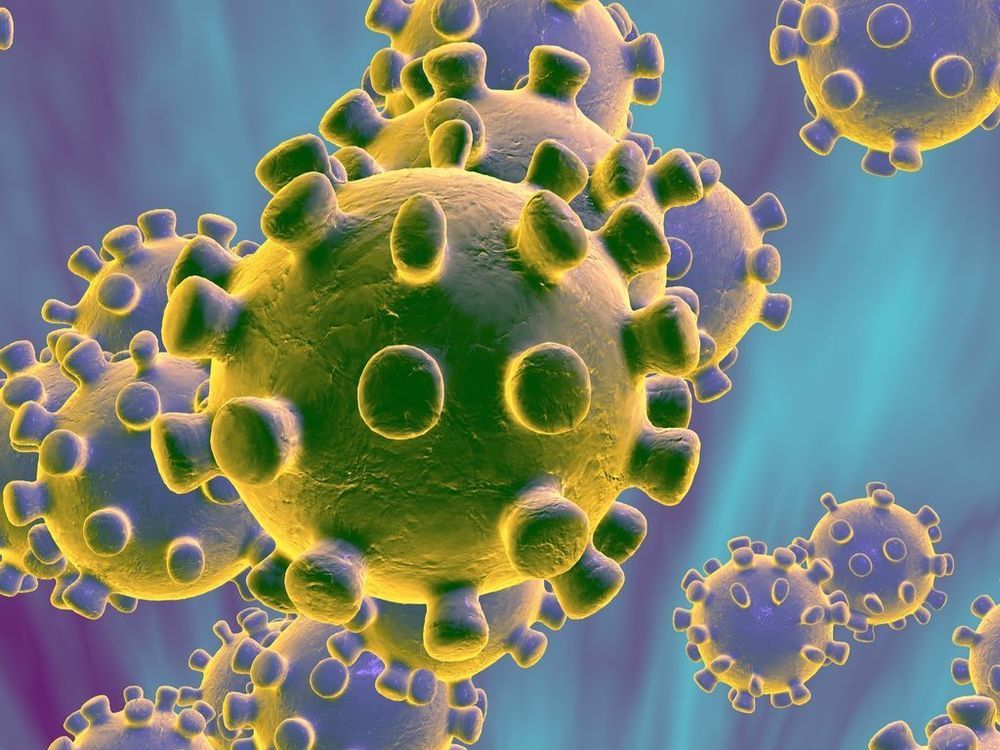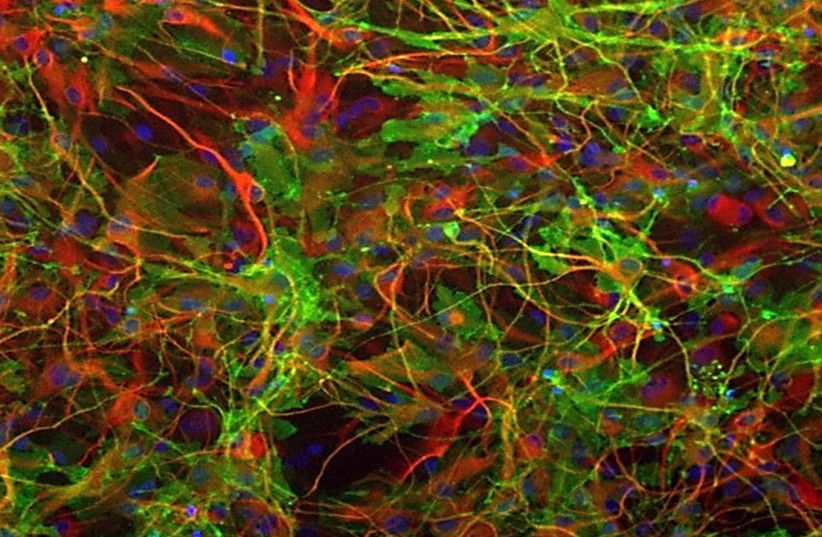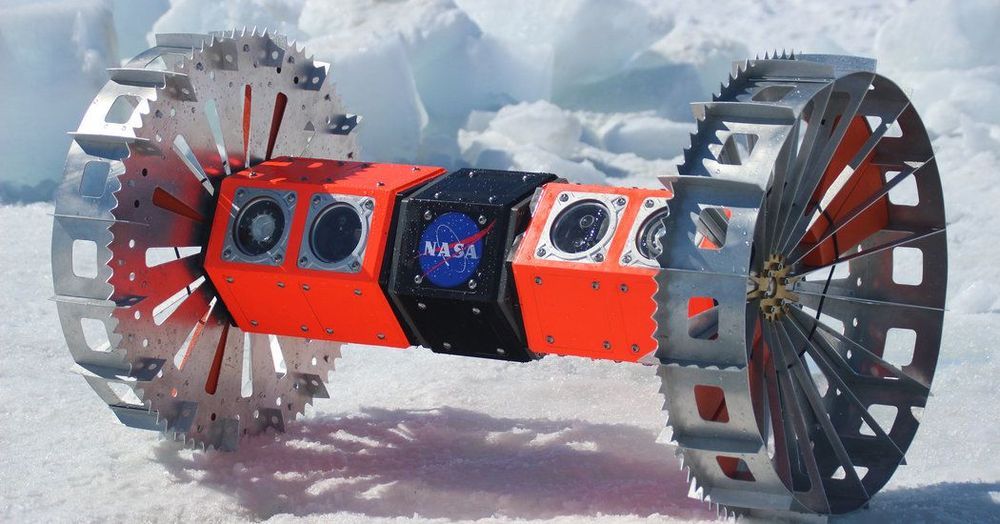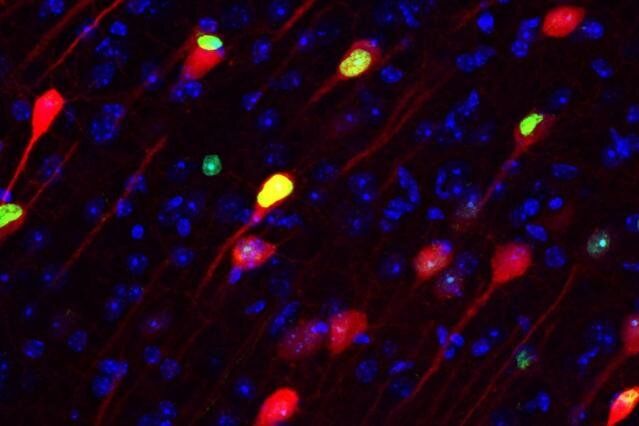People have speculated that the viral infection may be a highly contagious disease called SARS.




Specifically, AstroRx is a cell therapy product containing functional healthy astrocytes derived from human embryonic stem cells that aim to protect diseased motor neurons. The cells are injected in the patient through the spinal canal.
The company initiated its first ALS clinical trials in March 2018.
Prof. Michel Revel, founder and CEO of the company and winner of both the EMET Prize and the Israel Prize, said that the clinical trial results “provide the confidence needed to move forward” with cohorts B and C, which he said both “hold the potential for a prolonged response.”

At the start of a new decade, one of IBM’s top researchers thinks artificial intelligence needs to change. Welcome to the world of neuro-symbolic A.I., a fresh approach that could keep advances coming for long into the 2020s. Here’s how it works — and why it could be so important.


Experiments in rodents have revealed that engrams exist as multiscale networks of neurons. An experience becomes stored as a potentially retrievable memory in the brain when excited neurons in a brain region such as the hippocampus or amygdala become recruited into a local ensemble. These ensembles combine with others in other regions, such as the cortex, into an “engram complex.” Crucial to this process of linking engram cells is the ability of neurons to forge new circuit connections, via processes known as “synaptic plasticity” and “dendritic spine formation.” Importantly, experiments show that the memory initially stored across an engram complex can be retrieved by its reactivation but may also persist “silently” even when memories cannot be naturally recalled, for instance in mouse models used to study memory disorders such as early stage Alzheimer’s disease.
“More than 100 years ago Semon put forth a law of engraphy,” wrote Josselyn, Senior Scientist at SickKids, Professor of Psychology and Physiology at the University of Toronto and Senior Fellow in the Brain, Mind & Consciousness Program at the Canadian Institute for Advanced Research, (CIFAR) and Tonegawa, Picower Professor of Biology and Neuroscience at the RIKEN-MIT Laboratory for Neural Circuit Genetics at MIT and Investigator of the Howard Hughes Medical Institute. “Combining these theoretical ideas with the new tools that allow researchers to image and manipulate engrams at the level of cell ensembles facilitated many important insights into memory function.”
“For instance, evidence indicates that both increased intrinsic excitability and synaptic plasticity work hand in hand to form engrams and that these processes may also be important in memory linking, memory retrieval, and memory consolidation.”
For as much as the field has learned, Josselyn and Tonegawa wrote, there are still important unanswered questions and untapped potential applications: How do engrams change over time? How can engrams and memories be studied more directly in humans? And can applying knowledge about biological engrams inspire advances in artificial intelligence, which in turn could feedback new insights into the workings of engrams?
A review in Science traces neuroscientists’ progress in studying the neural substrate for storing memories and raises key future questions for the field.

It’s been nearly 350 years since Sir Isaac Newton outlined the laws of motion, claiming “For every action, there is an equal and opposite reaction.” These laws laid the foundation to understand our solar system and, more broadly, to understand the relationship between a body of mass and the forces that act upon it. However, Newton’s groundbreaking work also created a pickle that has baffled scientists for centuries: The Three-Body Problem.
After using the laws of motion to describe how planet Earth orbits the sun, Newton assumed that these laws would help us calculate what would happen if a third celestial body, such as the moon, were added to the mix. However, in reality, three-body equations became much more difficult to solve.


MEDUSA appears to be a popular name for directed energy weapons. There’s the MEDUSA I wrote about yesterday, a high-energy beam weapon one company hopes could destroy tanks and planes. And then there’s another MEDUSA, a nonlethal microwave weapon that was briefly funded by the Navy that uses “silent audio” (the auditory effect from microwaves). In other words, it makes you hear things in your head:
The main goal of the Phase I project wad to design and build a breadboard prototype of a temporary personnel incapacitation system called MEDUSA (Mob Excess Deterrent Using Silent Audio). This non-lethal weapon is based on the well established microwave auditory effect (MAE). MAE results in a strong sound sensation in the human head when it is irradiated with specifically selected microwave pulses of low energy. Through the combination of pulse parameters and pulse power, it is possible to raise the auditory sensation to the “discomfort” level, deterring personnel from entering a protected perimeter or, if necessary, temporarily incapacitating particular individuals. *
The idea of the “Voice of God” weapon (a weapon that makes you hear voices in your head) has been around for a while, and this small business contract was but one one modest, and likely unrelated, offshoot of other microwave-auditory effect research. The company stated at the end of “phase one” of this research: “An operating frequency was chosen — Hardware requirements were established (commercial magnetron, high-voltage pulse former) — Hardware was designed and built — Power measurements were taken and the required pulse parameters confirmed — Experimental evidence of MAE was observed.”